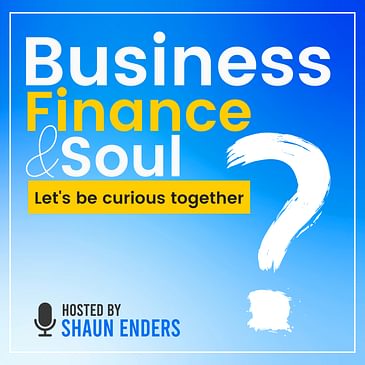I had the pleasure of sitting down with Gary Arblaster to discuss the importance of financial self-awareness. Gary's perspective on personal finance is truly enlightening—he emphasizes that personal finance is exactly that: personal.
According to Gary, everything begins with us. Our perceptions and views of the world significantly influence how we engage with and build our personal wealth.
What truly impressed me about Gary is his dedication not only to personal financial growth but also to education. He actively lends his expertise at the collegiate level, focusing on empowering the youth of America with better financial education.
Tune in to our latest episode to hear Gary's insights on financial self-awareness and his efforts to educate the next generation on personal finance. You won't want to miss this enlightening conversation!
You can connect with Gary in the following ways:
https://www.arblasterconsulting.com/about/
https://www.linkedin.com/in/gary-arblaster-jr/
Gary’s book: Making Millions, Going Broke.
https://www.amazon.com/Making-Millions-Going-Broke-Fifteen/dp/B09T8MW5DW

